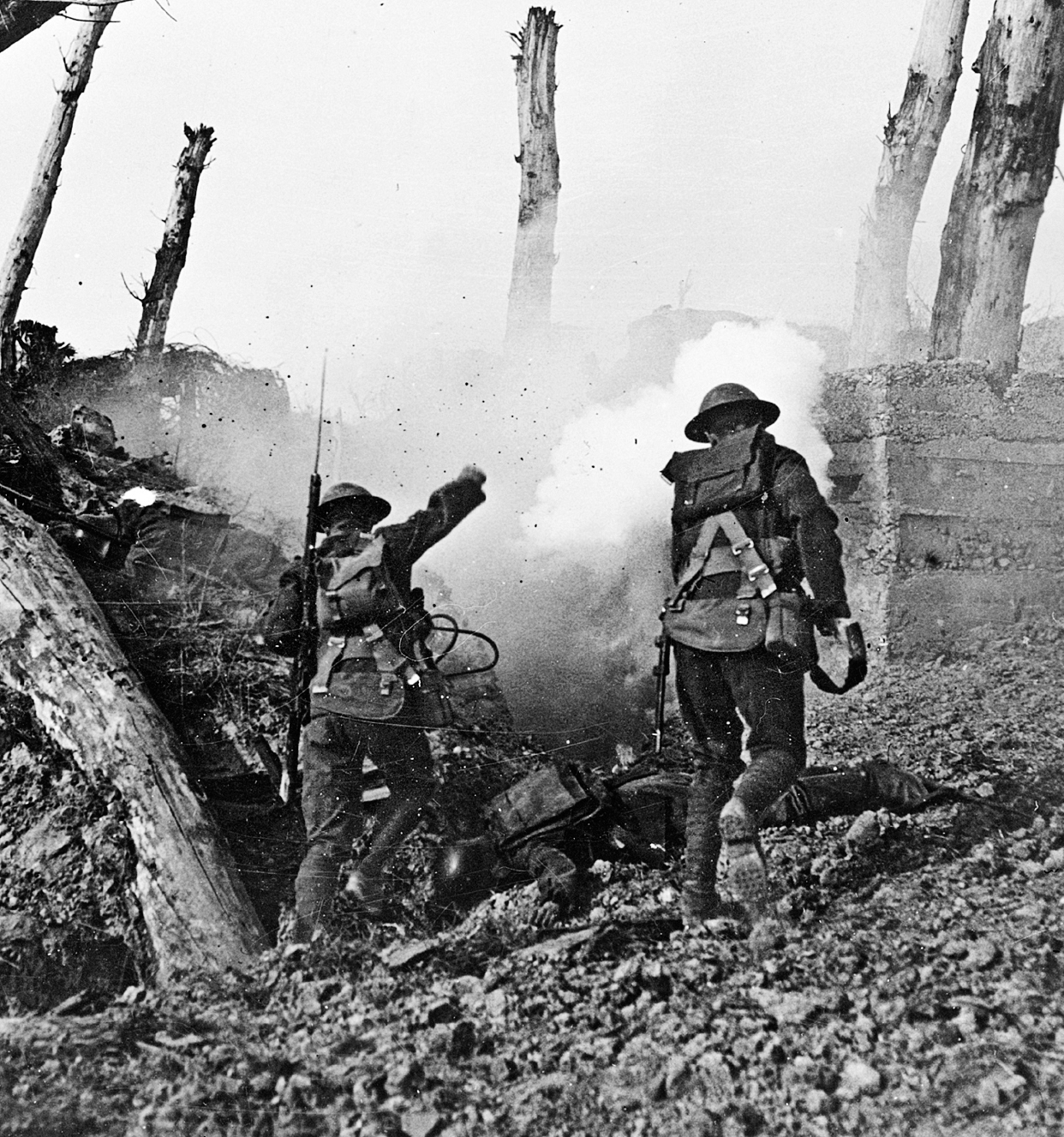America’s History: Printed Page 672
America: A Concise History: Printed Page 612
America’s History: Value Edition: Printed Page 594
An Emerging World Power
1890–1918
21
CHAPTER
IDENTIFY THE BIG IDEA
As the United States became a major power on the world stage, what ideas and interests did policymakers seek to promote in international affairs?
Accepting the Democratic presidential nomination in 1900, William Jennings Bryan delivered a famous speech denouncing U.S. military occupations overseas. “God Himself,” Bryan declared, “placed in every human heart the love of liberty. …He never made a race of people so low in the scale of civilization or intelligence that it would welcome a foreign master.” At the time, Republican president William McKinley was leading an ambitious and popular plan of overseas expansion. The United States had asserted control over the Caribbean, claimed Hawaii, and sought to annex the Philippines. Bryan failed to convince a majority of voters that imperialism — the exercise of military, political, and economic power overseas — was the wrong direction. He lost the election by a landslide.

By the 1910s, however, American enthusiasm for overseas involvement cooled. Despite efforts to stay neutral, the United States got caught up in the global catastrophe of World War I, which killed 8 million combatants, including over 50,000 U.S. soldiers. By the war’s end, European powers’ grip on their colonial empires was weakening. The United States also ceased acquiring overseas territories and pursued a different path. It did so in part because the war brought dramatic changes at home, leaving Americans a postwar legacy of economic upheaval and political disillusionment.
President Woodrow Wilson, who in 1913 appointed Bryan as his secretary of state, tried to steer a middle course between revolutionary socialism and European-style imperialism. In Wilson’s phrase, America would “make the world safe for democracy” while unapologetically working to advance U.S. economic interests. The U.S. Senate, however, rejected the 1919 Treaty of Versailles and with it Wilson’s vision, leaving the nation’s foreign policy in doubt. Should the United States try to promote democracy abroad? If so, how? To what degree should the federal government seek to promote American business interests? Under what conditions was overseas military action justified? When, on the contrary, did it impinge on others’ sovereignty, endanger U.S. soldiers, and invite disaster? Today’s debates over foreign policy still center to a large degree on questions that Americans debated in the era of McKinley, Bryan, and Wilson, when the nation first asserted itself as a major world power.